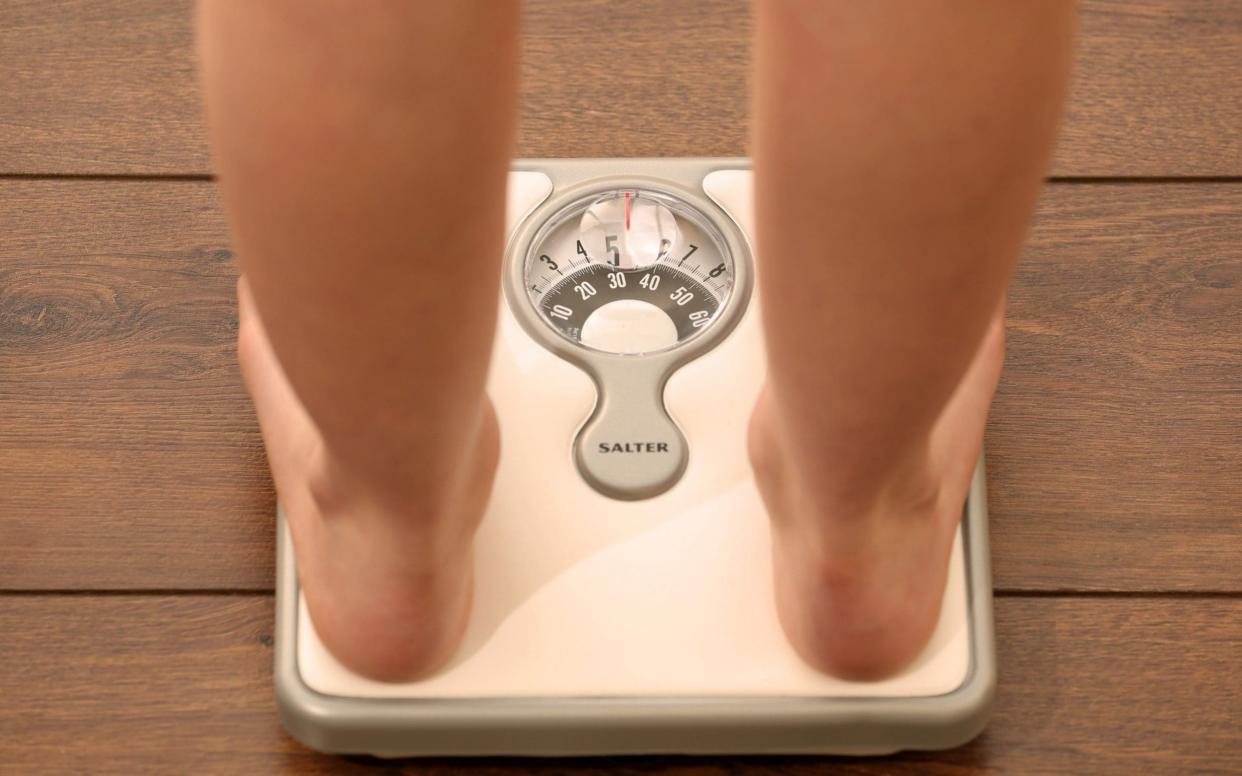Avoid New Year fad diets that damage the heart and cause unwanted pregnancy, top NHS doctor warns


The most senior doctor in the NHS has warned against “teatoxes” and other fad New Year diets that can cause serious health problems.
Dr Stephen Powis said the “quick-fix techniques” - many of which are heavily promoted on social media - can threaten the heart and even lead to unplanned pregnancy.
The NHS England Medical Director said that as well as weight-loss teas, for which there is a growing trend, diet pills and appetite suppressants can cause harm.
All can act as a laxative on the body, flushing out the contraceptive pill before it has had time to take effect.
Dr Powis’s intervention follows calls earlier this year for social media firms to crack down on celebrities and other online influencers posting misleading information about dangerous or unproven dieting techniques.
It comes as evidence suggests one in four young people now view their personal appearance as their top concern.
“People need to think very carefully before peddling potentially risky remedies, either on social media or anywhere else,” said Dr Powis.
“Celebrities and social influencers – and the social media companies which host them – should have a duty of care to make sure they fully understand the health risks involved before young followers of social media posts are exposed to risky products.”
Certain teatox products contain the ingredient senna, which causes a laxative effect, increasing the frequency of bowel movements.
Many of the diet plans on the market comprise two tea bags, one to be taken in the morning which is an energising herbal tea, with the second laxative bag to be taken at night.

There is currently no scientific evidence to support their use.
In November a social media influencer called Crystal George revealed she was pregnant, despite having taken the pill for ten years, after using a 14-day teatox from a brand promoted by celebrities.
The NHS recommends a 12-week weight-loss plan which it says is designed to prevent people "yo-yoing" back to their original weight having had initial success.
There is also a specific programme for people with or at risk of Type 2 diabetes.
Dr Powis said: “It’s always a good time to try to get in shape, and New Year’s resolutions are a great time to make a change, but the reality is there’s a slim chance of success with diet pills and detox teas – and people could end up doing more harm than good.”
“Making new year goals and shifting a few excess pounds after Christmas can be a good idea but is much easier to maintain when done gradually and safely.
In September Instagram announced it would ban “miracle” diet promotions by celebrities and influencers.
The firm also said it would start hiding promotions for cosmetic surgery and other diet products from under 18s.
The new policies will also apply to across Facebook, which owns Instagram.
Last year, US reality star Kim Kardashian, who has 148 million Instagram followers, was criticised for promoting an appetite-suppressing lollipop on her account.
Meanwhile diet pills have been linked to conditions involving irregular heart beats.


